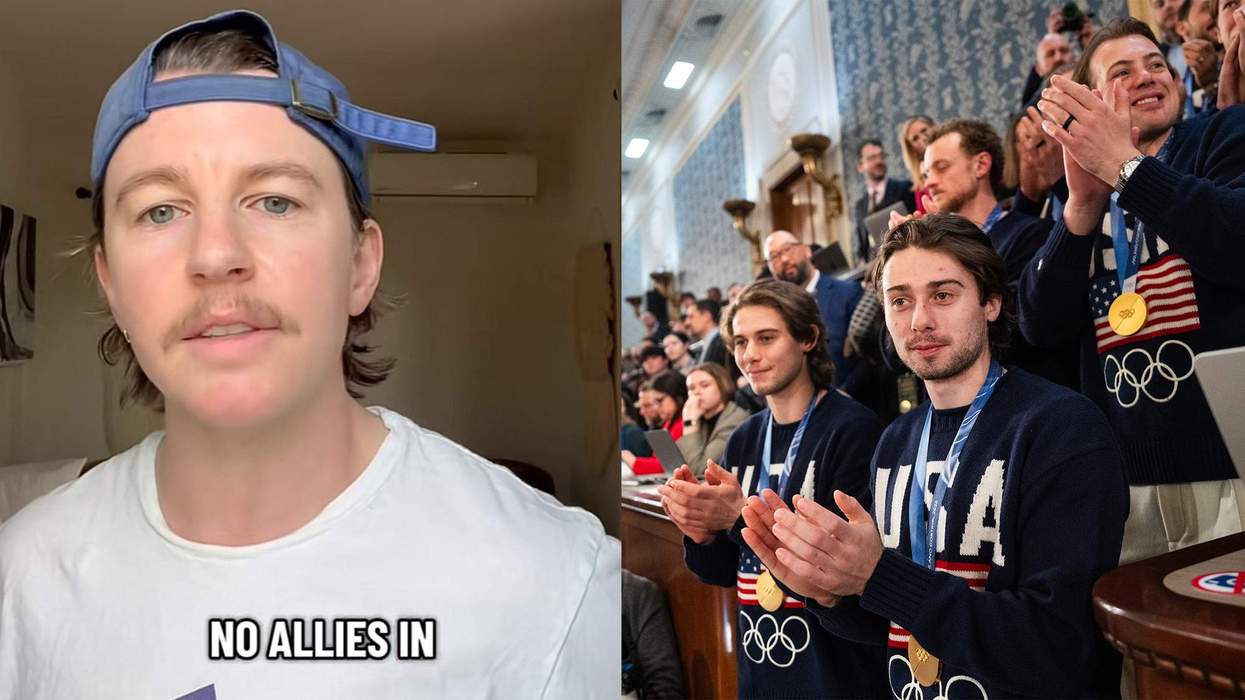President Bush has nominated Andrew von Eschenbach as commissioner of the Food and Drug Administration, the regulatory agency that the urology surgeon has led on an acting basis since September.
As head of the FDA, Von Eschenbach would oversee approvals of all new medications, including those to treat HIV. He also would oversee the approvals of vaccines--such as those in development to prevent infection by the sexually transmitted human papillomavirus, which has been linked to most forms of cervical cancer--as well as the marketing applications for microbicide products aimed at preventing HIV and STD infections.
But angry Congressional Democrats may scuttle Von Eschenbach's appointment, which must be approved by the U.S. Senate. Senators Hillary Rodham Clinton of New York and Patty Murray of Washington have placed a legislative hold on a confirmation vote in the Senate because of the FDA's lengthy delay in a decision on Barr Laboratories' application for over-the-counter sales of its emergency contraception Plan B, which can prevent pregnancy if taken up to 72 hours after sexual intercourse. Von Eschenbach, appearing before the House agriculture appropriations subcommittee, last month told lawmakers that the delay in addressing the application is due to the more than 10,000 public comments filed on the measure.
But Clinton and Murray said that in 2005 they were tricked into removing their hold on the nomination of Von Eschenbach's predecessor, Lester Crawford. Health and Human Services secretary Mike Leavitt pledged that a decision on the application for Plan B would be finalized by September 1, 2005, and Clinton and Murray subsequently removed their hold on Crawford's nomination because of Leavitt's guarantee. Instead, the FDA in August announced it was again delaying its decision.
Saying they were "double-crossed" by Leavitt, the senators again have placed a legislative hold on the FDA appointment. "This time around they are not going to get their nomination until a decision has been made," Murray told The New York Times. "You cross somebody and lose their trust, it becomes very difficult to do things the second time around." (The Advocate)















